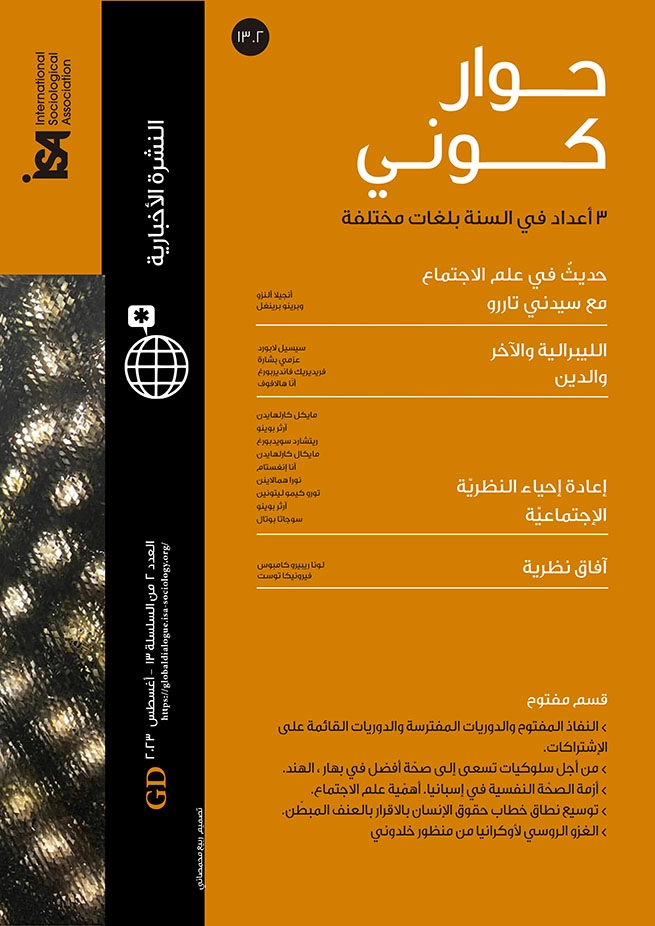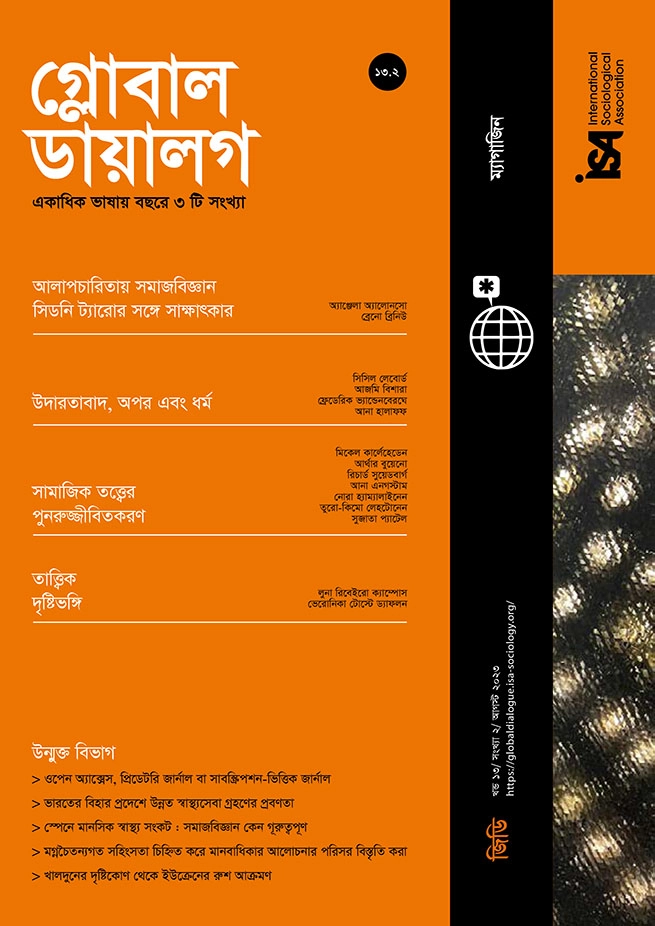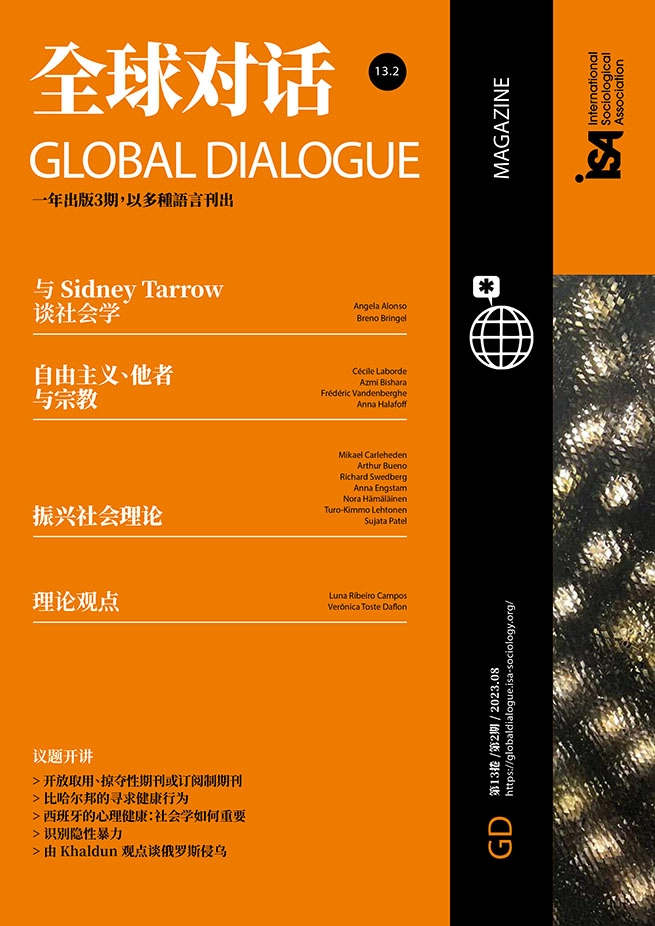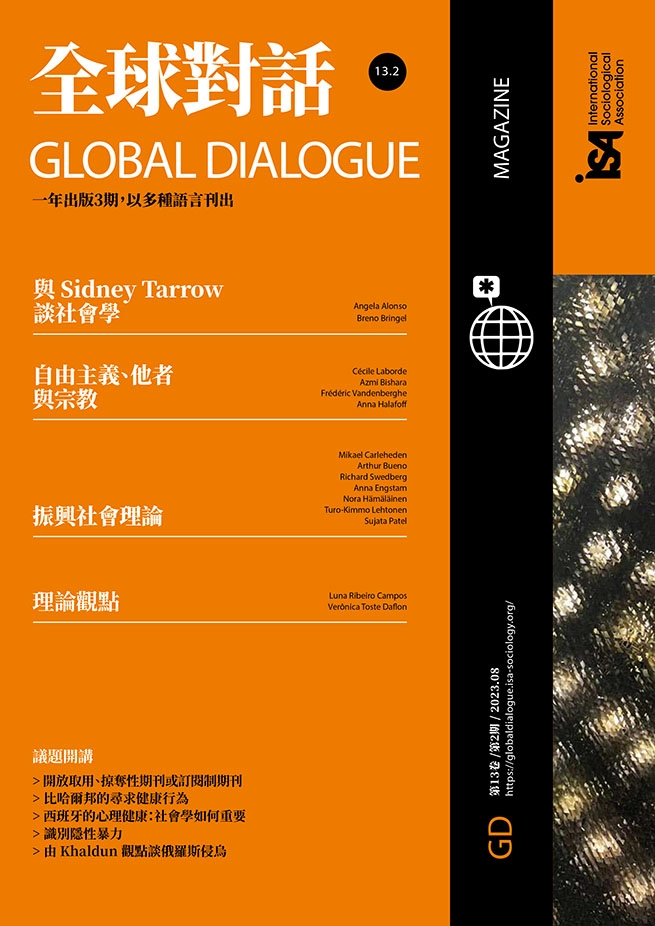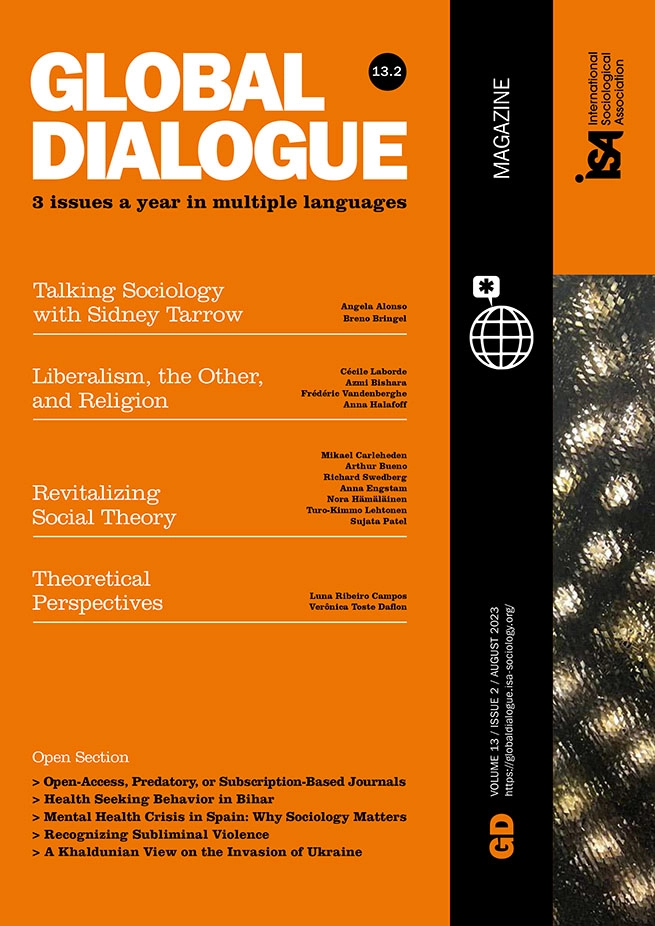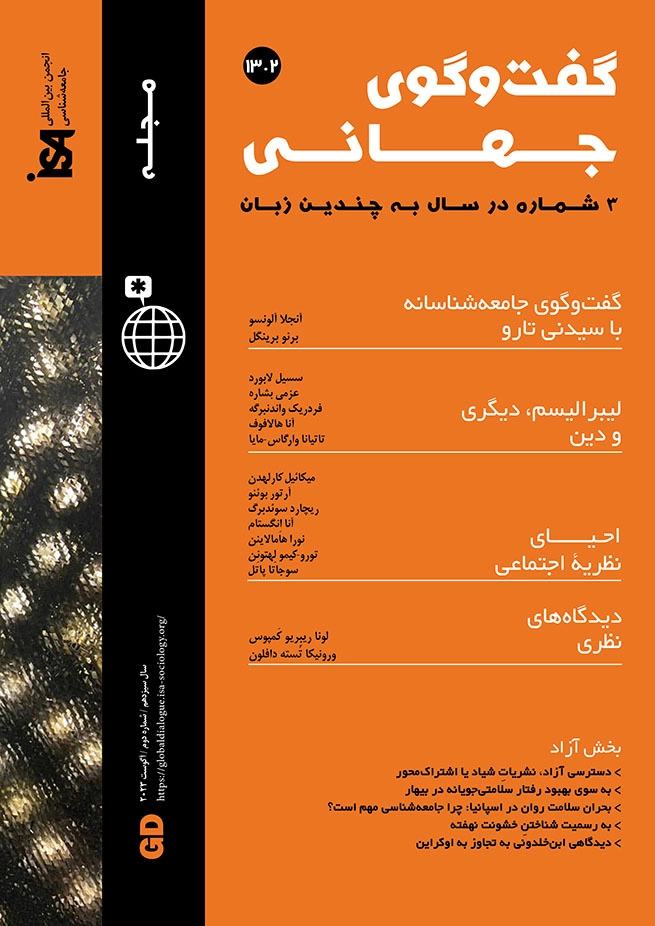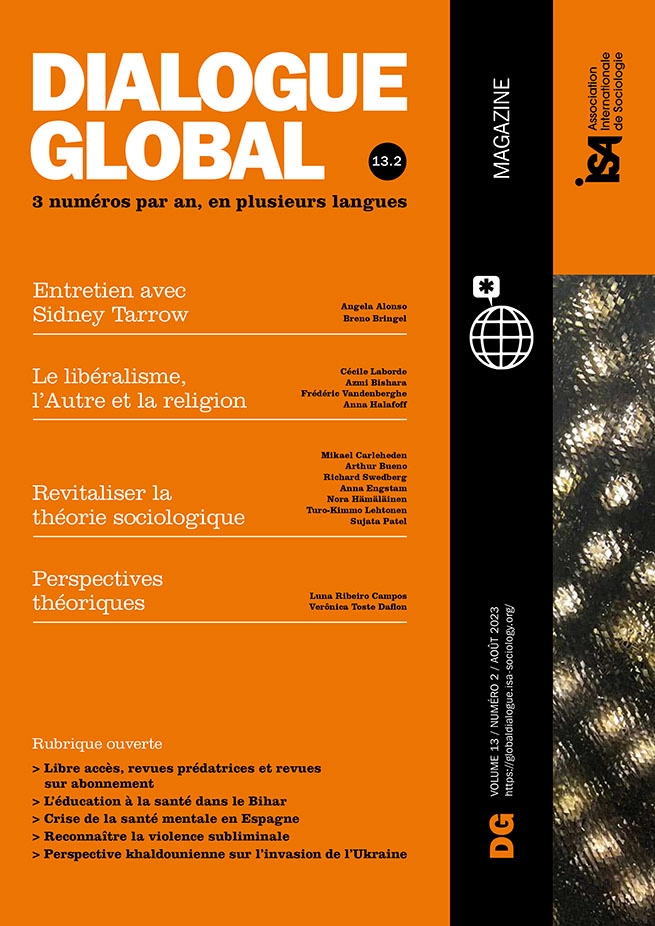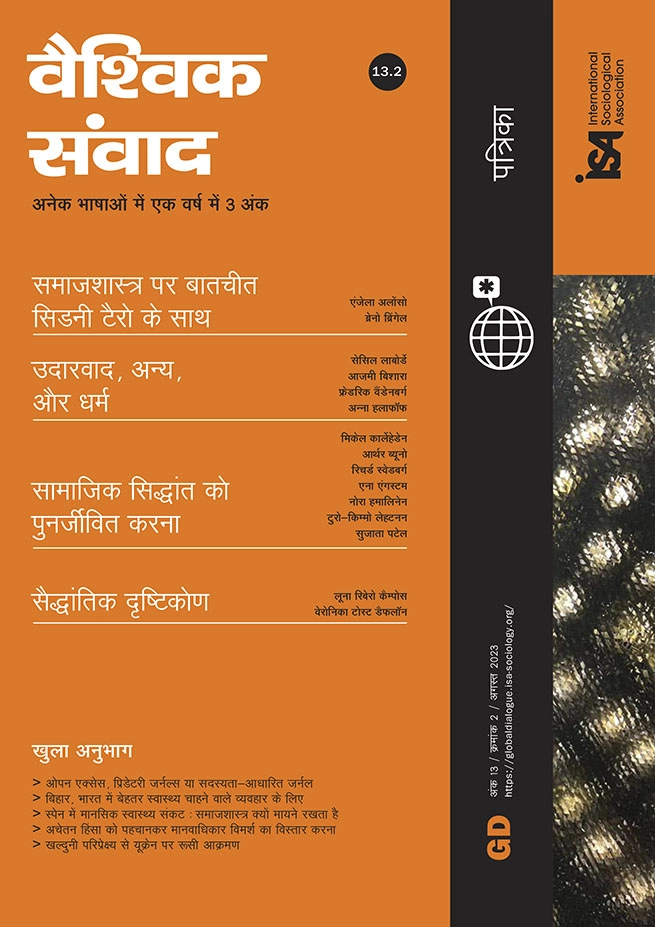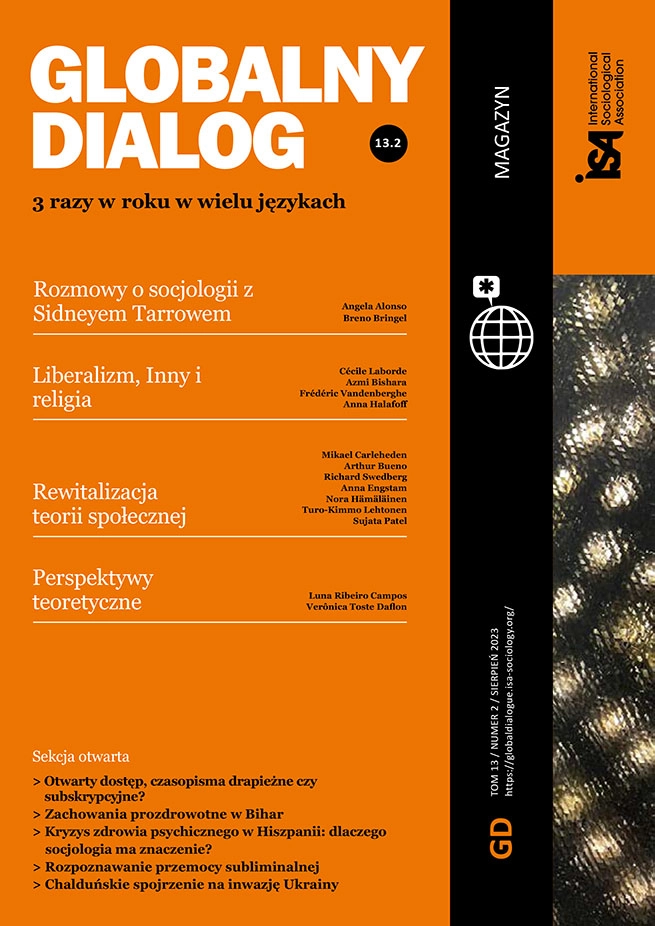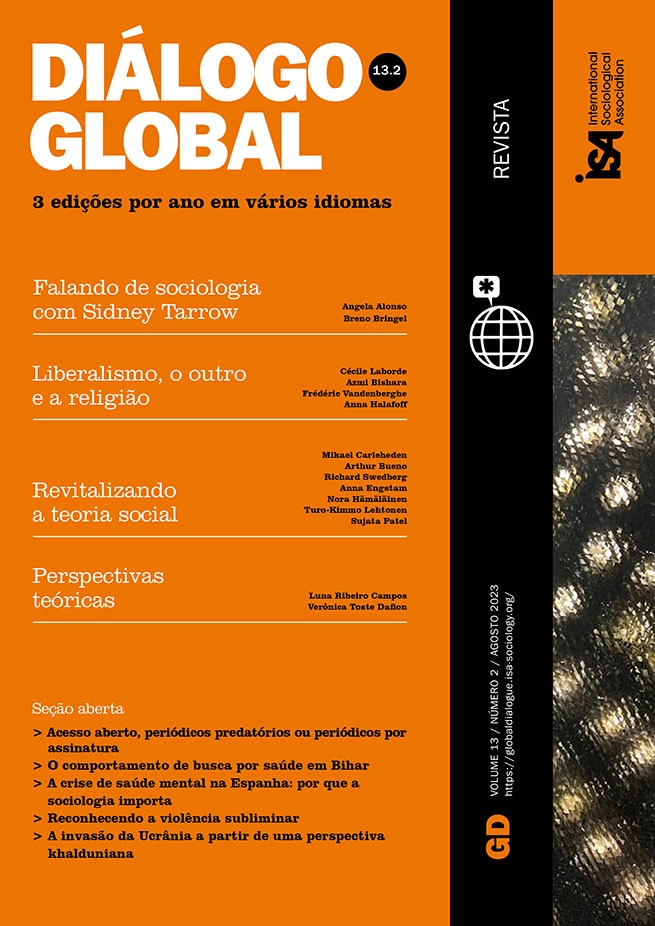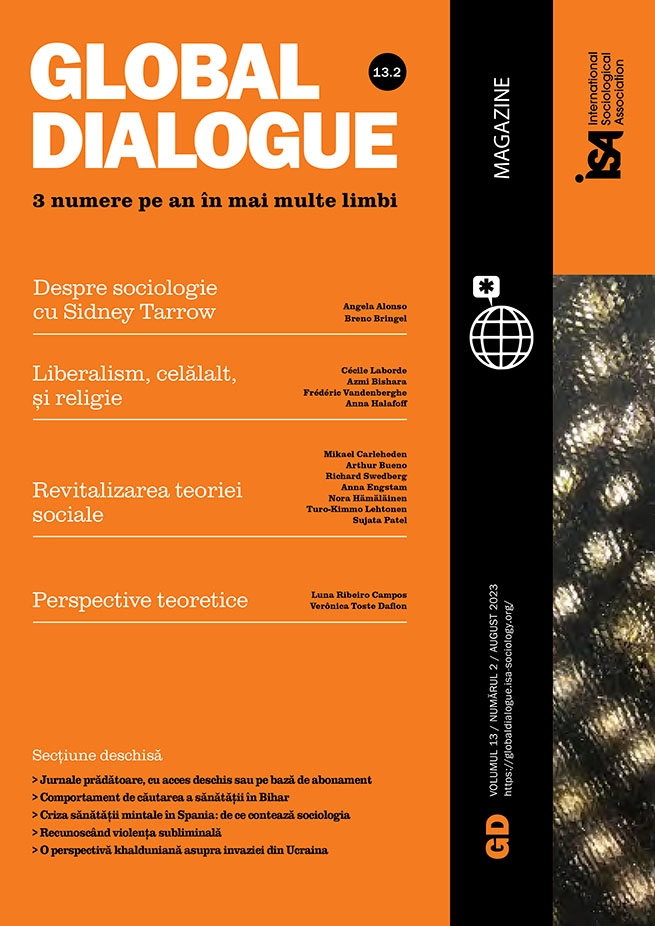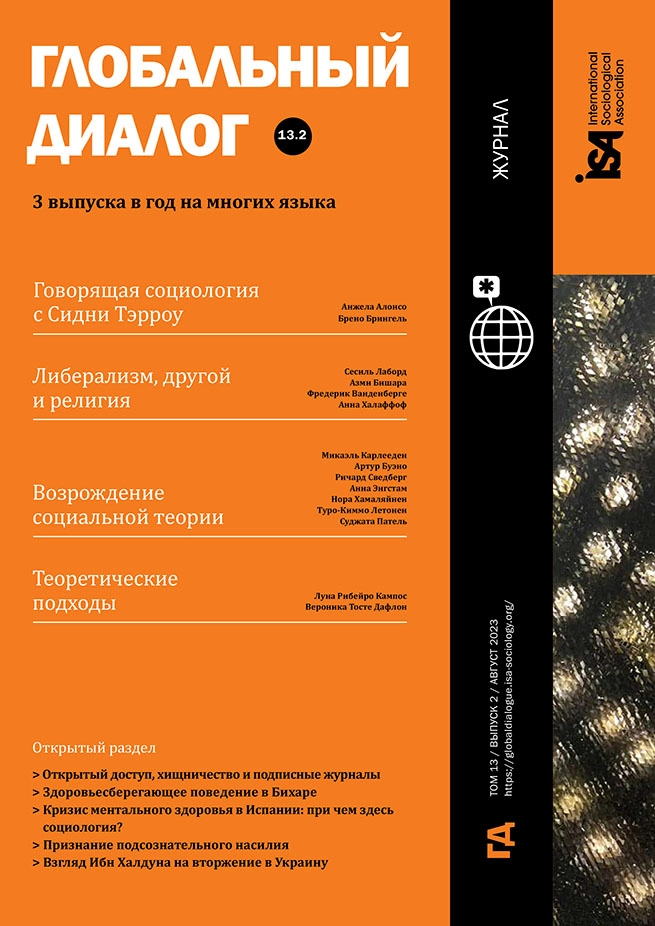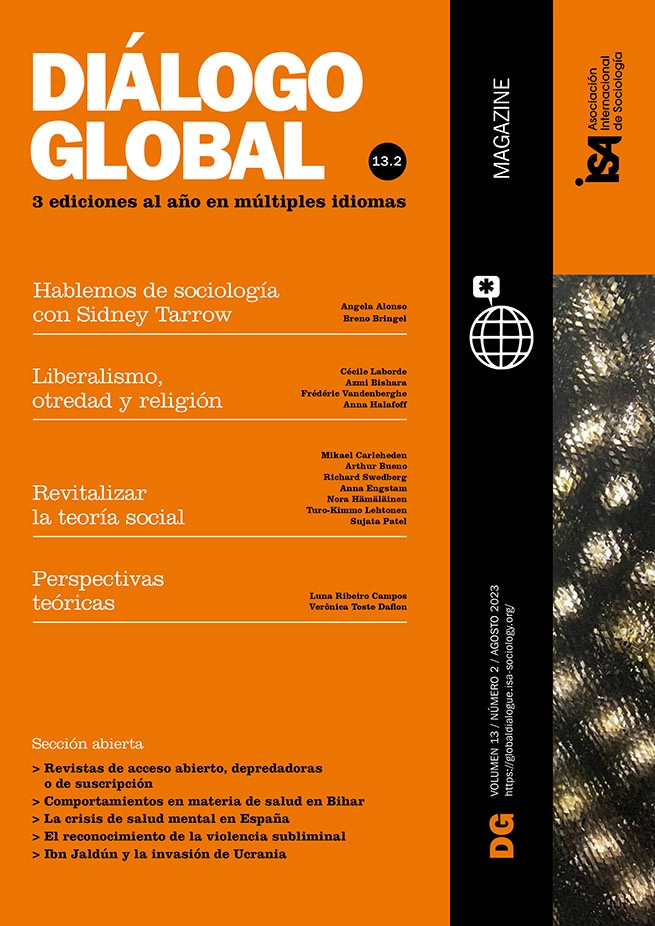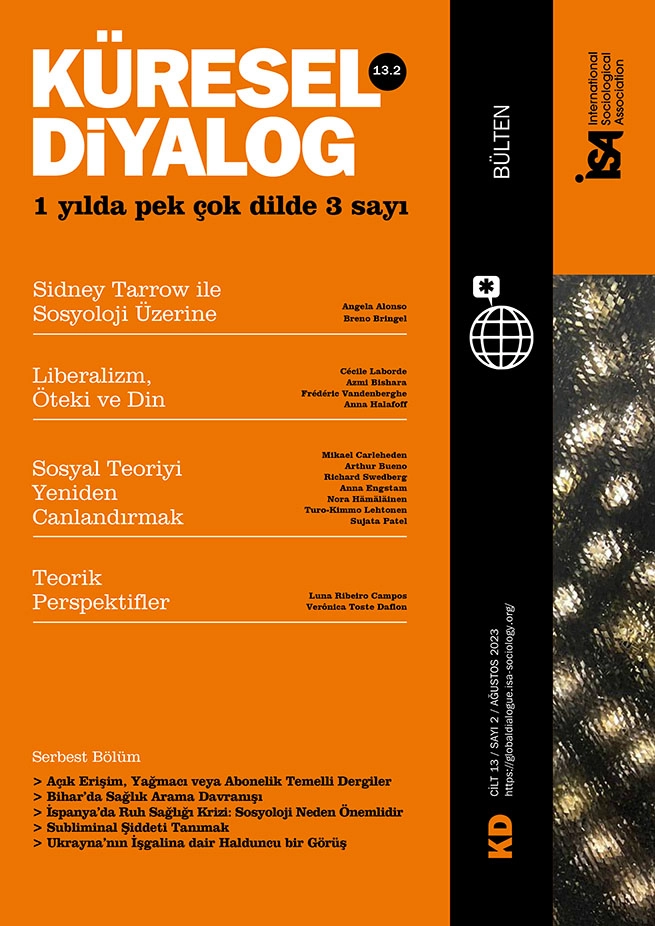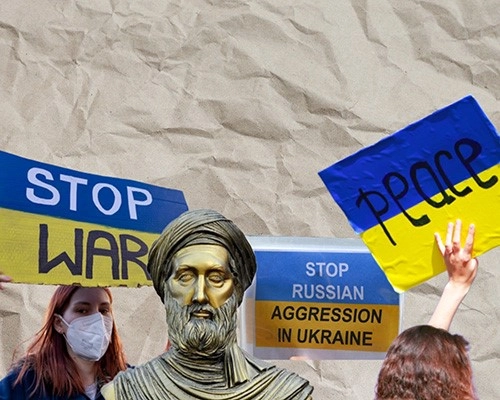Ibn Khaldun (1332-1406) was a Muslim scholar and politician who has received much attention in the social sciences globally. His interdisciplinary work made invaluable contributions to the fields of economics, finance, urban studies, human geography, history, political theory, conflict studies, philosophy, and international relations, to name just a few. His writing, al-Muqaddimah/Prolegomenon and Kitb al-‘Ibar/History of Ibn Khaldun, first appeared in the West in French in 1697, in Barthélemy d’Herbelot’s Bibliothèque orientale. Today, there are numerous translations of Ibn Khaldun’s work in most of the languages still spoken and several scholars consider him one of the founders of sociology.
In February 2022, I was finishing my PhD dissertation on Ibn Khaldun and the study of state violence when Russia’s war against Ukraine escalated into a full-scale invasion. I was crushed by this violence as a political scientist, but also as someone who has a Ukrainian partner and family in Kyiv. Like many, I struggled to make sense of this new hostile reality and felt frustrated by reductive and limited explanations of the war, often by “Westsplaining” experts. It was Ibn Khaldun’s writing that suddenly helped me to understand the dynamics of aggression and the overwhelming state violence practiced by the Russian regime against Ukraine. I share these reflections, highlighting the relevance of Ibn Khaldun’s ideas today in explaining urgent contemporary global sociopolitical dilemmas.
The Khaldunian perspective
In principle, many global politic conflicts result from the constitutive processes of modern nation-states and the state system since the seventeenth century and on. Problems that arose during constitutive processes have never been resolved. From a Khaldunian perspective, the constitutive sociopolitical and socioeconomic configurations reflect the nature of ʿasabiyya (i.e., ruling elites) and the way in which power structures have been formed within modern societies; particularly, how those structures were consolidated through violence and oppression in order to preserve the ruling elites’ power and dominance, control over the means of production, and monopoly of violence. These Khaldunian concepts explicate motives and aims that lead states to export the surplus of violence, externally and internally, for the ruling elites either to gain or to maintain political power. Revisiting Ibn Khaldun’s theses broadens our understanding of the crises of governance and legitimacy in today’s global politics, from liberal democracy to military tyranny, authoritarianism, and monarchical regimes, as well as the rivalries between great powers in the twenty-first century. My engagement with Khaldun’s analysis of the formation of power structures has revealed to me the presence of the past and the hybrid nature of political and legal (modern and pre-modern) structures in today’s international system.
The Khaldunian perspective highlights cycles of dominant dynastic groups, patriotism, or oligarchic rule. It also places the emphasis on internal struggles for power by cohesive social groups which aim to preserve the dominant elites’ power and control of means of production, and most importantly to get rid of opponents and enemies (external and domestic). These dynamics have led to an “us versus them” attitude towards other countries in general and zero-sum thinking vis-à-vis those so-called enemies or foes. For example, in the case of Ukraine, Putin wants to create a new transregional regime, i.e., identity-based ʿasabiyya in the post-Soviet space and to manage external competitors, represented by the EU and NATO enlargement schemes, as best he can against the backdrop of what he perceives as the sphere of his ʿasabiyya power.
Putin’sʿasabiyya
As the head of the ruling Russian ‘asabiyya, Putin defines politics in terms of the imposition of domination through violence and coercion, in the course of which the authority uses ghalbah and qahr, i.e., via brutal means such as murder and torture, to eliminate and diminish opponents and competitors who challenge the legitimacy and power of the ʿasabiyya. In other words, Putin is exporting the surplus of violence (material and symbolic) which accompanied the rise of this ‘asabiyya. He is doing so both internally, by repressing opposition groups and consolidating the security of his regime, and externally, via interstate expansionist offensive warfare. According to Ibn Khaldun, once an ʿasabiyya establishes its (domestic) superiority, it sets itself the goal of domination over others and defeats subordinate groups to consolidate its power, thereby destroying and dissolving the group feeling that united the other competing and threatening dominant elites, lest its grip weaken.
In the face of failure to achieve decisive victory in Ukraine or to break the soul of Ukrainian resistance, the fate of the Putin regime could similarly be explained through a Khaldunian framework. Ibn Khaldun claimed that the regime’s main foe is the disintegration of the ʿasabiyya that constituted, preserved, and defended the regime in the first place. This disintegration comes about mainly through the diminution of the ʿasabiyya’s impact (i.e., the ability to enforce subjugation). The occurrence of such a transformation (with the curtailment of financial power as well) induces the destruction of the regime. Moreover, as Yassin al-Haj Saleh argued, the defeat of Putin may well end his political life as well as being bad news for dictatorial regimes in Belarus, Central Asia, and the Middle East, whose survival and stability are dependent on the transregional support and patronage of Putin. Hence, his defeat in Ukraine would also weaken barbaric and traitorous regimes like that of Assad in Syria.
Improving on realist and liberal interpretations
To recap, it would be wrong to reduce the reasons behind the outbreak of conflicts and crises within the international system solely to the ferocity of a few tyrants and ignore the impact of economic, political, and strategic international and regional factors. This is not what a Khaldunian perspective suggests. Instead, as the case of Russia’s full-scale invasion of Ukraine (and other cases such as Syria, China, the United States, Israel, etc.) exemplifies, Ibn Khaldun points out the necessity to (re)examine the role and the function of dominant elites (i.e., historical blocs and social forces), side by side with other systematic indications, to reveal their crucial roles in both the establishment and preservation of the power structures of violent authoritarian regimes. The legitimacy of these regimes is constituted by exporting surplus violence against its citizens at home as a method of repression, and towards other countries as statecraft.
Unfortunately, while scholars are striving to imagine scenarios for exiting the vicious cycle of violence in today’s international politics, such innovative insights have been largely overlooked. However, recently there has been growing recognition of the potential of building on Khaldunian frameworks to critique theories of international relations and analyze global cases. This logic is useful to overcome the shortcomings of realist and liberal interpretations of the latest episode of Russian aggression since Putin seized absolute power in 2008. Ibn Khaldun’s theory surpasses the overwhelming focus of realism on prescriptions for peace and avoiding war based on the balance of power, security, and geopolitical calculations, and their possible implications for the international system dominated by nation-states. It does so through opening up the black box of the dynamics of authority-building and the influence of groupthink by socially cohesive groups (ʿasabiyya). Likewise, Ibn Khaldun’s theory challenges the neoliberal overemphasis on the role of international law, institutional arrangements, and security community thinking which help decision-making through the provision of valuable information on cooperation. The domination of ʿasabiyya’s relative-gains logic undermines the priorities of absolute gains which aims at reducing the insecurities of states by using institutions.
Ahmed M. Abozaid, University of Southampton, UK <a.ahmed@soton.ac.uk> / Twitter: @AbozaidahmedM





